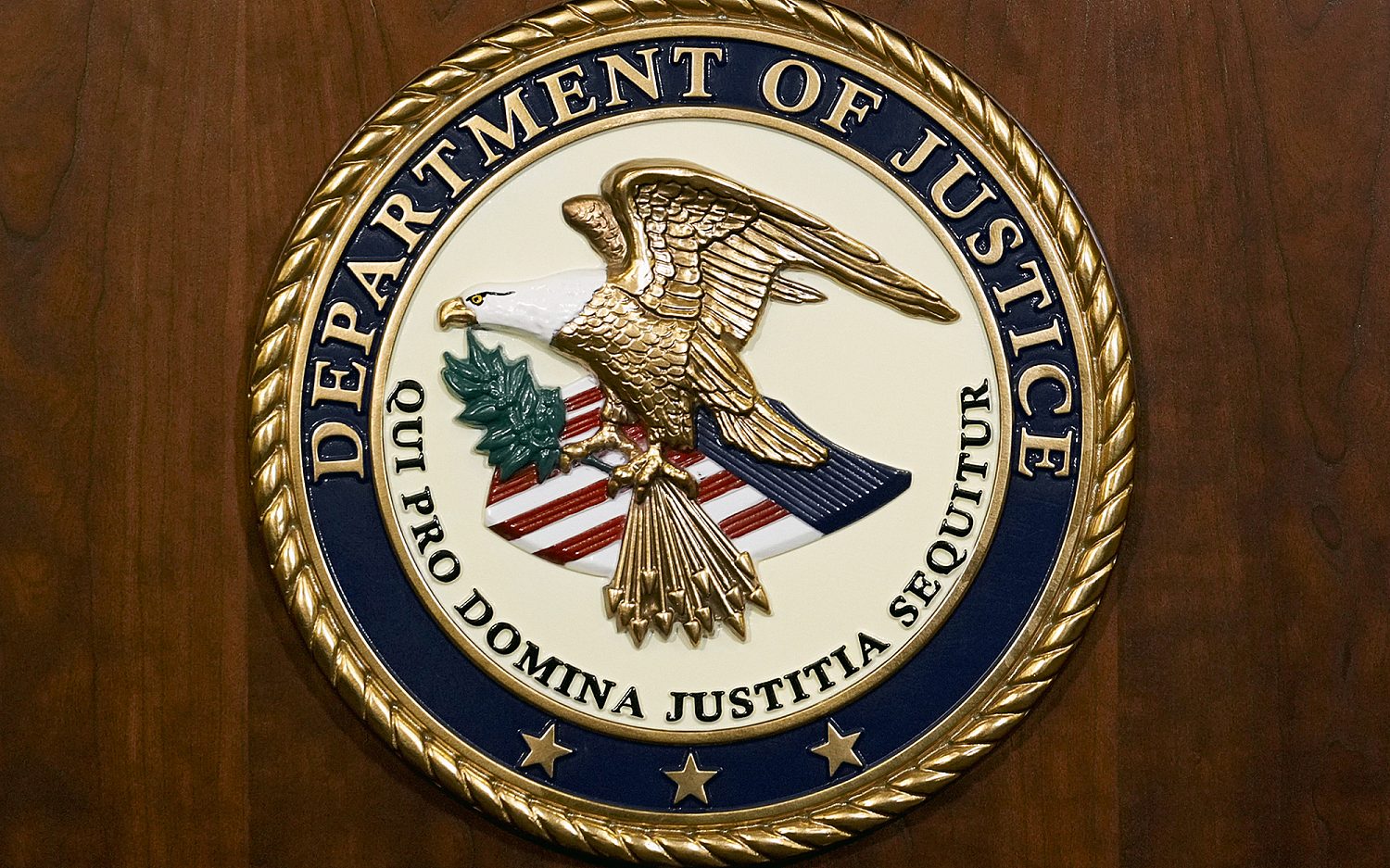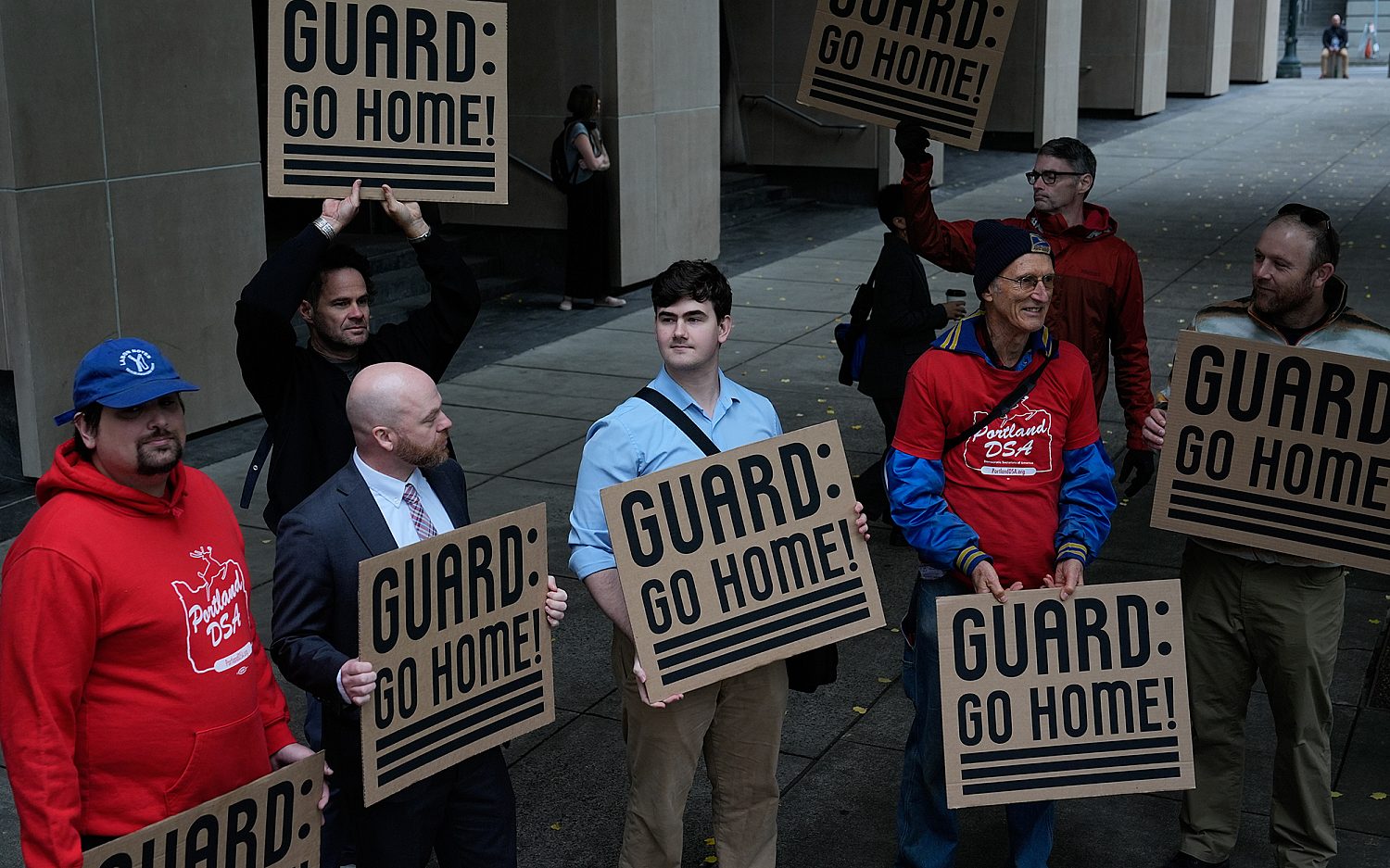Whistleblower or defector?
Surveillance program leak Edward Snowden awaits uncertain fate in Hong Kong
After leaking a set of PowerPoint slides that disclosed a massive United States government electronic spying program, former Central Intelligence Agency employee Edward Snowden asked a reporter to reveal his identity last week, then braced himself for the consequences. He apparently remains in Hong Kong, where he had been holed up in a hotel room for three weeks as he executed his planned leak. He could face extradition to the United States, where officials likely would prosecute him for revealing state secrets. Or he might find asylum in another country.
Thanks to classified files Snowden disclosed, The Guardian and The Washington Post last week published details about PRISM, a program the National Security Agency uses to secretly obtain emails, documents, and audio and video files from major internet companies, including Apple, Google, and Microsoft. “I don’t want to live in a society that does these sort of things,” Snowden said. U.S. intelligence officials claimed the leak may have given an advantage to the nation’s enemies.
On Sunday a Republican member of the House Homeland Security Committee, Rep. Peter King, R-N.Y., called Snowden a “defector” and said the U.S. government “must prosecute him to the fullest extent of the law and begin extradition proceedings at the earliest date.”
But others are branding Snowden a “hero” for disclosing the NSA surveillance program and sparking a national debate over security and privacy. “If the media doesn’t do the job who will? Don’t drag him under the bus," tweeted conservative talk show host Glenn Beck on Monday morning. A White House petition called “Pardon Edward Snowden” had gained 16,000 signatures by midday, even though Snowden has not yet been formally charged with a crime. The U.S. Justice Department has said it is investigating the matter. A lawmaker and media organization in Iceland have already offered to support Snowden if he makes an asylum request there.
In a series of interviews and a video The Guardian published on Sunday, 29-year-old Snowden said he handed over information about the classified PRISM program because he wanted to expose the extent of “secret law” and “irresistible executive powers that rule the world I love.”
Snowden is a former CIA technician and is a current employee to defense contractor Booz Allen Hamilton, where he received clearance to work with classified material. Given his inside knowledge of the intelligence community’s skills, Snowden was not optimistic he could long keep his identity secret. He decided to proactively make his name public: “I have no intention of hiding who I am because I know I have done nothing wrong.” At his “plush” Hong Kong hotel, The Guardian reported, Snowden had been lining the door with pillows to prevent eavesdropping and covering his head and laptop with a large red hood whenever he entered passwords—a precaution against hidden cameras.
Although Snowden chose to stage his leak in Hong Kong because he thought the local government would be sympathetic to his plight, the semiautonomous Chinese province has an extradition agreement with the United States and has historically been cooperative with U.S. officials in handing over suspects.
One hitch, however, is that China has the option of halting Hong Kong extradition proceedings if the matter could affect the mainland’s “defense, foreign affairs, or essential public interest or policy.” With China and the United States in an ongoing dispute over internet hacking and spying, China may have some interest in detaining Snowden for questioning and using him as leverage in its dialogue with the United States. But some experts think China is unlikely to take such a political risk.
Snowden knew when he leaked the documents he could face life behind bars: “I feel satisfied that this was all worth it. I have no regrets.” Naturally, he hopes to obtain asylum someplace, and mentioned Iceland as a possibility.
Snowden said he’d been making a $200,000 salary and living in a Hawaii home with his girlfriend before he came to Hong Kong. “I’m willing to sacrifice all of that because I can’t in good conscience allow the US government to destroy privacy, internet freedom, and basic liberties for people around the world with this massive surveillance machine they’re secretly building.”
He said he carefully evaluated which documents to disclose, and decided not to leak information that might have harmed individuals: “There are all sorts of documents that would have made a big impact that I didn’t turn over, because harming people isn’t my goal. Transparency is.”
Despite Snowden’s alleged circumspectness, The Post published only four of the 41 PowerPoint slides he originally asked it to reveal, because editors believed the others contained information that could threaten U.S. national security. The Guardian also kept some information secret.
The Post noted Snowden appears to have donated $500 to Ron Paul’s presidential campaign in 2012. Sen. Rand Paul, R-Ky., the former candidate’s son, said on Sunday he’d like to organize a class-action lawsuit against the federal government for secretly collecting massive amounts of data from American phone calls.
An actual newsletter worth subscribing to instead of just a collection of links. —Adam
Sign up to receive The Sift email newsletter each weekday morning for the latest headlines from WORLD’s breaking news team.





Please wait while we load the latest comments...
Comments
Please register, subscribe, or log in to comment on this article.